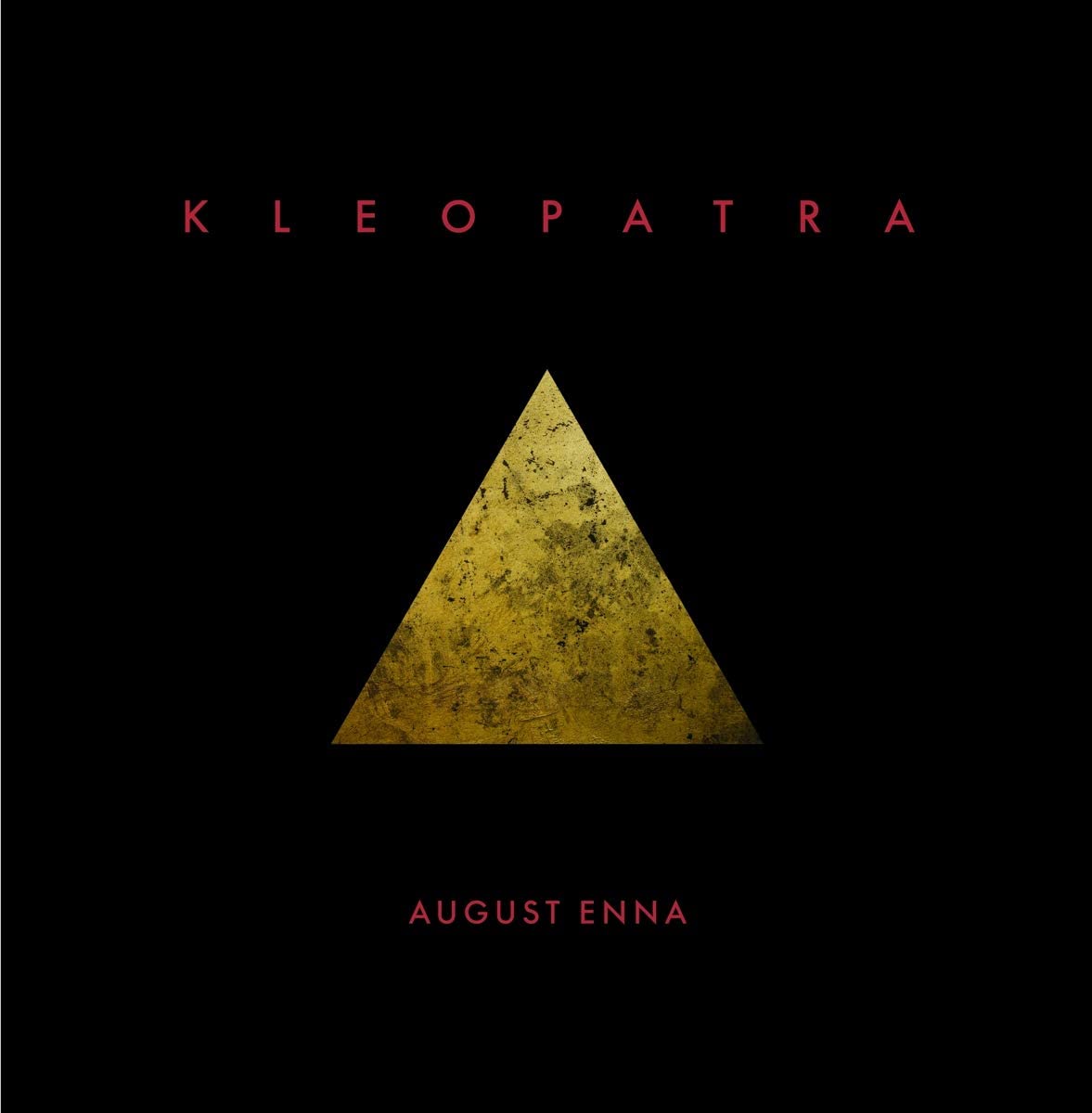ENNA Klepoatra (Gustafsson)
View record and artist detailsRecord and Artist Details
Genre:
Chamber
Opera
Label: Dacapo
Magazine Review Date: 12/2020
Media Format: CD or Download
Media Runtime: 112
Mastering:
DDD
Catalogue Number: 8 226708-09

Tracks:
| Composition | Artist Credit |
|---|---|
| Kleopatra |
Auguste (Emil) Enna, Composer
Danish National Opera Chorus Elsebeth Dreisig, Kleopatra, Soprano Jens Bové, Schafra, Bass Joachim Gustafsson, Conductor Kirsten Grønfeldt, Iras, Soprano Lars Moller, Sepa, Baritone Magnus Vigilius, Harmaki, Tenor Odense Symphony Orchestra Ruslana Koval, Charmion, Soprano |
Author: Andrew Mellor
August Enna (1859-1939) was raised on a Danish island by a shoemaker, a striking parallel with Hans Christian Andersen were Enna’s father not a Sicilian immigrant. He would enjoy a period as one of Denmark’s most successful opera composers, of which Kleopatra represents the peak. Following its premiere in Copenhagen in 1894, it was seen all over Europe.
Enna’s guiding lights were Wagner and Delibes but he was well aware of Leoncavallo and Puccini. Kleopatra is not as fluent, dramatically bold or musically groundbreaking as Turandot, to which it has been compared. But it churns through its Wagnerian arioso style with theatrical richness, boasts an attractive ‘big tune’ that could have come from Korngold and is imaginatively orchestrated. Enna does a nice line in operatic rapture and clearly learnt a thing or two about the scenic ‘full-stop’ from early Wagner, though the comparison shows his limitations: he musters all his forces surely at the end of Act 1 but can’t really work out where to take them at the point of climax. Conversely, the movement and momentum that launch Act 2 – excitable, chugging winds à la Tannhäuser – is but one example of his successfully quickening the pulse.
Unfortunately, Einar Christiansen’s libretto is verbose, archaic and needlessly inflates the first act (he did a far better job for Saul og David by Carl Nielsen, who would have played the violin in Kleopatra’s first performances). The story is plain enough: the prince Harmaki is sent to kill Cleopatra but falls in love with her; his jealous accomplice Charmion reveals the plot to ensure Harmaki is caught, and weeps over her deed in a moving epilogue.
In March 2019 Denmark’s national touring opera company Den Jyske Opera (the Danish National Opera) revived the piece for the first time in well over a century as part of its Danish Series strand, which promises even more recordings for Dacapo. I saw Ben Bauer’s sleek production when it arrived at the Royal Danish Theatre’s Old Stage that month but when the company gathered in Odense to record the score in April, it was with the different, mostly Danish cast that sang the night after.
In the theatre in 2019 – as, apparently, in 1894 – the problem was balance: voices struggling for purchase while Enna indulges his orchestra. That’s fixed to some degree here though by no means completely. As Harmaki, Magnus Vigilius is sometimes overwhelmed in his Act 2 monologue and disappears from the sound picture at the climax of the love scene, while his Kleopatra, Elsebeth Dreisig (Elsa’s aunt) pings out. Vigilius can occasionally sound throaty but has presence and draws his character well in spite of the text.
Dreisig’s laser-like focus can deliver pin-sharp top notes (though doesn’t always) and she offers some beautiful, sensitive singing, especially in her first appearance, with harp for company (a coup on Enna’s part). She is certainly more convincing in seductive than in commanding mode. Lars Møller’s Sepa is a little groany and, as Charmion, Ruslana Koval doesn’t quite match my memories of Tanja Kuhn’s captivating portrayal in the opera house, but shows some potential with heartfelt singing whose openness is only slightly curtailed by her obviously learnt Danish. Kleopatra may not have quite the impact it enjoyed in the theatre but its first recording must be welcomed with open arms.
Discover the world's largest classical music catalogue with Presto Music.

Gramophone Digital Club
- Digital Edition
- Digital Archive
- Reviews Database
- Full website access
From £8.75 / month
Subscribe
Gramophone Full Club
- Print Edition
- Digital Edition
- Digital Archive
- Reviews Database
- Full website access
From £11.00 / month
Subscribe
If you are a library, university or other organisation that would be interested in an institutional subscription to Gramophone please click here for further information.




